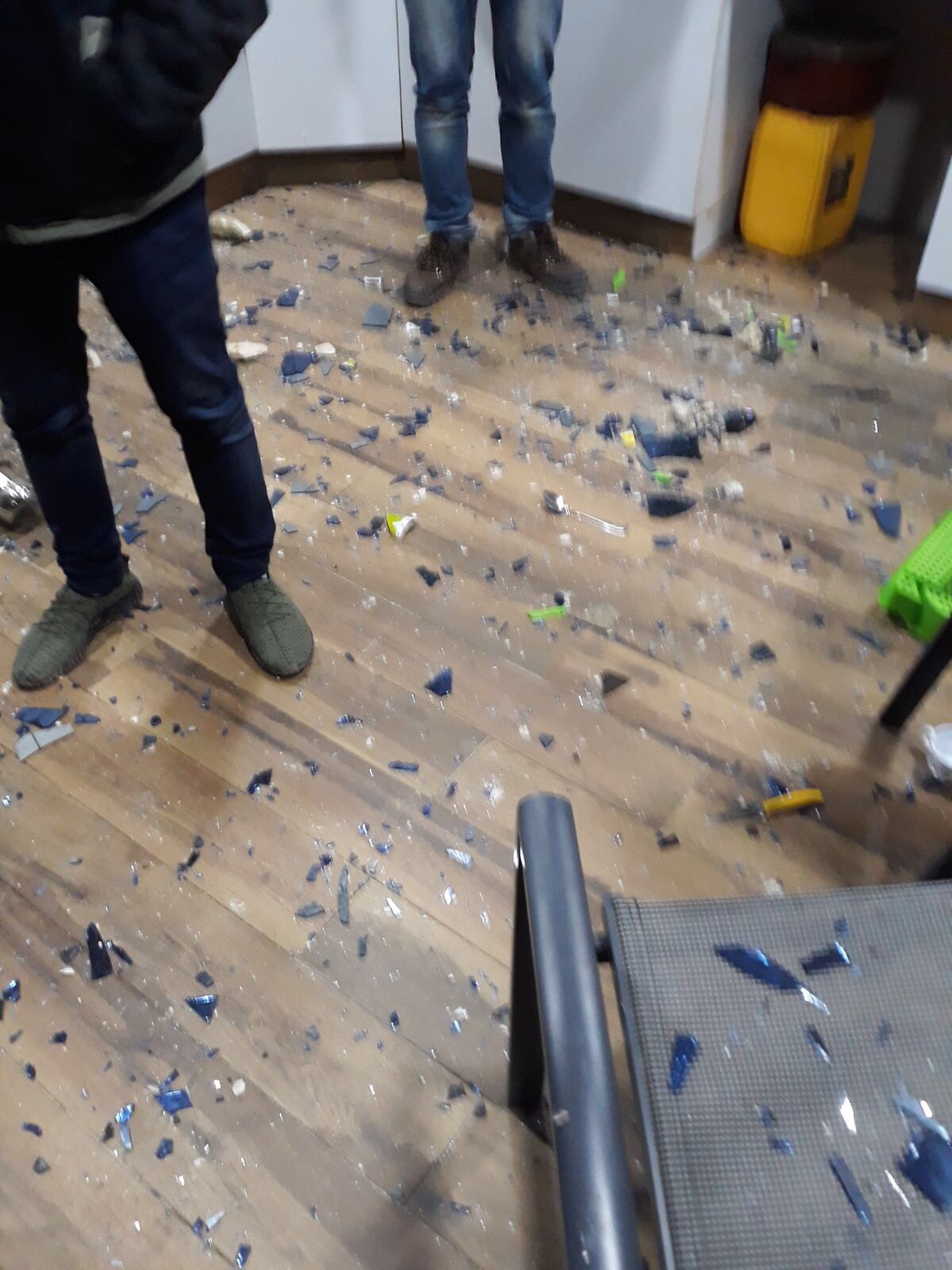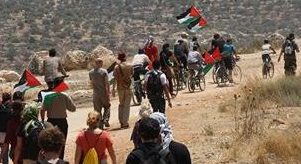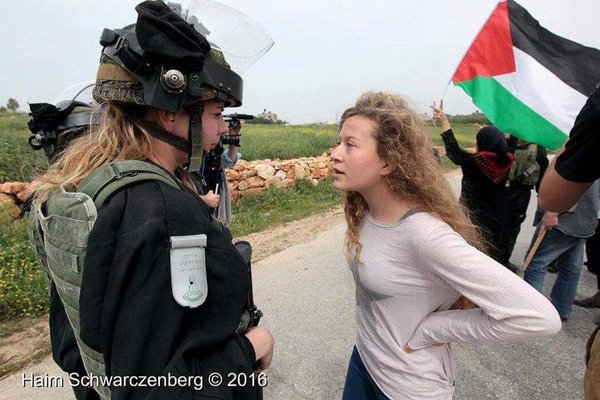Category: Features
-
Palestinian villages attacked – yet resisting illegal outposts
12th January 2018 | International Solidarity Movement, Nablus team | Occupied Palestine Today in Kfar Qaddum the protesters, marching towards the road closed off due to the illegal settlement of Kadumim, were suppressed by Israeli military. Protesters were met with teargas and rubber coated steel bullets. Luckily there were no serious injuries. Three days ago…
-
ISM Training in the UK
Any one wishing to join the ISM can do a recommended day of training in Manchester, details below: ISM Training in the UK DATE: SATURDAY 27 January 2018 TIME 1030- 17 30 Please confirm your place and loction by mailing: training.ismlondon@riseup.net
-
Free Ahed Tamimi!
20th of December 2017 | Samidoun, Palestinian Prisoner Solidarity Network | Occupied Palestine UPDATE: Bassem Tamimi, Ahed’s father, has also been arrested by Israeli occupation forces as he went to the court where his daughter and wife are held. Samidoun are updating the alert below and urge people to join the call to free Ahed and Nariman! UPDATE:…



